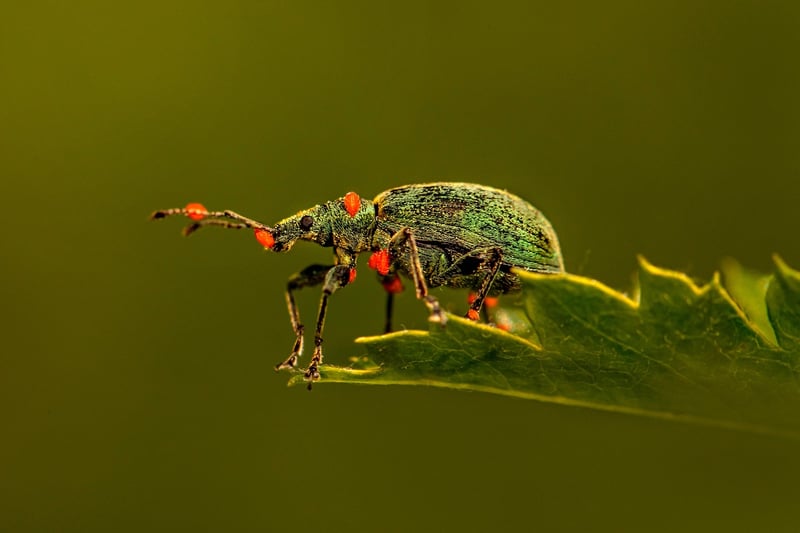Common Pests
The Importance of Healthy Plant Habits and How to Deal with Common Pests
Introduction
Keeping your plants healthy and thriving is essential for any plant parent. In this article, we will explore the significance of maintaining good plant habits and provide tips on identifying and managing common plant pests.
Healthy Plant Habits
Healthy plant habits are crucial for the overall well-being of your green companions. Here are some key practices to ensure your plants stay happy and vibrant:
- Proper watering schedule: Avoid overwatering or underwatering your plants. Different plants have varying water requirements, so it's essential to research individual species.
- Adequate sunlight: Most plants need sunlight to carry out photosynthesis. Be sure to place your plants in locations where they can receive appropriate light levels.
- Regular pruning: Trimming dead or yellowing leaves helps promote new growth and prevents the spread of diseases.
- Quality soil: Use well-draining soil that provides essential nutrients for your plants to thrive.
- Monitor humidity levels: Some plants require higher humidity levels to flourish. Consider using a humidifier or pebble tray to increase moisture in the air.
Dealing with Common Pests
Despite your best efforts, plants can still fall victim to pests. Here are some common pests you may encounter and how to manage them:
- Aphids: These small, pear-shaped insects feed on plant sap and can cause leaves to curl and yellow. Use insecticidal soap or neem oil to control aphid infestations.
- Spider Mites: These tiny pests thrive in dry conditions and leave web-like traces on plants. Increase humidity and use insecticidal soap to eliminate spider mites.
- Fungus Gnats: These small flying insects lay eggs in moist soil, leading to larvae that damage plant roots. Allow the soil to dry between waterings and use sticky traps to catch adult gnats.
- Mealybugs: Mealybugs appear as white, cottony masses on plant stems and leaves. Remove them manually with a cotton swab dipped in rubbing alcohol.
Conclusion
By establishing healthy plant habits and promptly addressing pest issues, you can ensure your plants thrive and remain pest-free. Remember to observe your plants regularly, as early detection and intervention are key to maintaining a flourishing indoor garden.

For more information on plant care and pest management, consult reputable gardening resources and local plant experts.
